Home>Garden Essentials>How Many Apple Seeds To Kill A Human
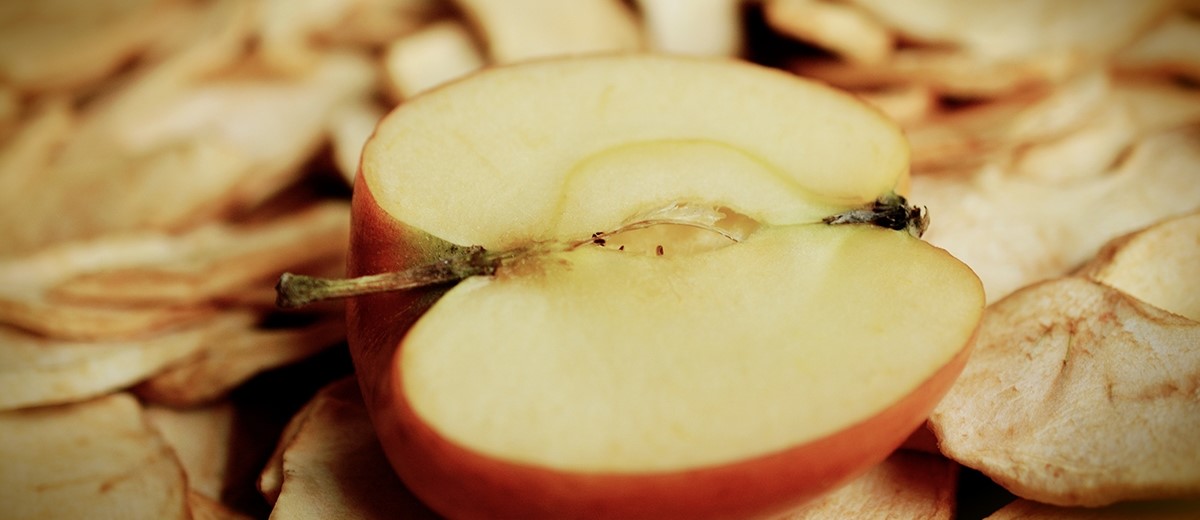

Garden Essentials
How Many Apple Seeds To Kill A Human
Modified: March 24, 2024
Find out the potential dangers of consuming apple seeds from your garden and learn how many seeds it takes to harm a human. Stay informed!
(Many of the links in this article redirect to a specific reviewed product. Your purchase of these products through affiliate links helps to generate commission for Storables.com, at no extra cost. Learn more)
Introduction
Welcome to the intriguing world of apple seeds and their potential toxicity. While apples are a staple in many households and are known for their health benefits, the seeds hidden within these delicious fruits have sparked curiosity and concern among many. You may have heard whispers that apple seeds contain cyanide, a deadly poison. But is there any truth to these claims? Can consuming apple seeds actually be harmful to humans? Let’s delve into the topic and separate fact from fiction.
Apples have long been associated with good health and are packed with essential vitamins and nutrients. They are a popular choice for snacks, desserts, and are even used in various culinary creations. However, it is the tiny seeds contained within the core of an apple that have garnered attention due to their cyanide content.
Cyanide is a highly toxic substance, notorious for its lethal effects. It can interfere with the body’s ability to utilize oxygen, leading to severe health consequences. The concern surrounding apple seeds stems from the fact that they naturally contain amygdalin, a compound that releases cyanide when metabolized.
But before you start panicking, it’s crucial to understand that the toxicity of apple seeds is largely dependent on the quantity consumed. According to experts, ingesting a few apple seeds is unlikely to cause any harm. The human body can tolerate small amounts of naturally occurring cyanide and safely eliminate it.
However, it’s essential to exercise caution when it comes to consuming a large number of apple seeds. While it’s highly unlikely that you would unintentionally consume a lethal dose of cyanide by simply eating an apple, deliberately consuming a significant quantity of apple seeds can be dangerous and potentially fatal.
Next, let’s explore the cyanide content in apple seeds and how it can affect our health.
Key Takeaways:
- Enjoy your apples without fear! Eating a few apple seeds is safe, but avoid consuming a large amount to prevent potential cyanide poisoning.
- Opt for seedless apples or discard the seeds for peace of mind. Moderation is key to safely enjoying the health benefits of apples.
Read more: How Many Apricot Seeds Will Kill A Dog
The Toxicity of Apple Seeds
While apple seeds may appear innocuous, they contain a compound called amygdalin, which is a natural defense mechanism of the apple tree. When the seeds are crushed or metabolized, amygdalin releases cyanide. Cyanide is a potent toxin that can disrupt the normal functioning of cells in the human body.
However, it’s important to note that the cyanide content in apple seeds is relatively low compared to other toxic substances found in nature. Consuming a small number of apple seeds would not pose a significant risk to human health. The human body has built-in defense mechanisms to handle small amounts of cyanide and can detoxify and eliminate it efficiently.
It’s worth mentioning that the amygdalin in apple seeds is also present in other fruits, such as apricots, peaches, cherries, and plums. While these fruits contain amygdalin, the cyanide concentration in their seeds may vary. However, the overall risk of cyanide toxicity from consuming these fruits is still minimal, given the small quantity of seeds typically consumed.
Nevertheless, it is crucial to exercise caution when it comes to ingesting apple seeds, especially in large amounts. Deliberately consuming a substantial number of apple seeds or grinding them into a fine powder can significantly increase the risk of cyanide poisoning.
While the toxicity of apple seeds is a subject of concern, it’s important to remember that the fruit itself is safe to consume in moderation. Apples are packed with essential nutrients and contribute to a healthy diet. Therefore, it is generally recommended to enjoy the flesh of the apple while avoiding excessive consumption of the seeds.
Next, let’s explore the cyanide content in apple seeds and how it can affect our health.
Cyanide Content in Apple Seeds
Now that we understand the potential toxicity of apple seeds, let’s explore the cyanide content found within them. While the majority of apple seeds contain amygdalin, a compound that can release cyanide, the actual cyanide concentration can vary depending on several factors.
Studies have shown that on average, apple seeds contain around 0.6 to 3.9 milligrams of cyanide per gram of seeds. This amount may seem concerning, but it’s important to keep in mind that the human body can tolerate small doses of cyanide without adverse effects.
Moreover, the cyanide content in apple seeds is primarily concentrated in the hard outer shell of the seed. The actual amount of cyanide released when ingested is dependent on several factors, including the mechanical breakdown of the seeds during digestion.
Interestingly, apple seeds also possess a protective layer that can reduce the release of cyanide. This protective layer can help limit the amount of cyanide that enters the bloodstream when seeds are consumed in small quantities. However, ingesting a large number of seeds or crushing them can potentially break through this protective barrier, increasing the risk of cyanide poisoning.
It’s essential to note that the cyanide content in apple seeds is relatively low compared to other sources. For example, the cyanide content in apple seeds is significantly lower than that found in bitter almonds, which are known to contain higher amounts of amygdalin.
Although the cyanide content in apple seeds can be concerning, it’s important to remember that the overall risk of cyanide poisoning from consuming apple seeds alone, in moderation, is minimal. The body has natural detoxification mechanisms that can handle small amounts of cyanide and safely eliminate it.
Next, let’s explore the symptoms of cyanide poisoning and how consuming a large number of apple seeds can affect our health.
Cyanide Poisoning Symptoms
Cyanide poisoning occurs when the body is exposed to high levels of cyanide, either through ingestion or inhalation. While consuming a small quantity of apple seeds is unlikely to cause cyanide poisoning, ingesting a large number of seeds or grinding them into a fine powder can increase the risk. It’s essential to be aware of the symptoms of cyanide poisoning to seek immediate medical attention if necessary.
The symptoms of cyanide poisoning can vary depending on the level of exposure and individual sensitivity. Some common signs and symptoms include:
- Headaches and dizziness: Cyanide poisoning can lead to severe headaches and episodes of dizziness or lightheadedness.
- Nausea and vomiting: Excessive consumption of apple seeds can cause nausea and persistent vomiting.
- Shortness of breath: Cyanide inhibits the body’s ability to utilize oxygen, resulting in shortness of breath and difficulty breathing.
- Rapid heart rate: High levels of cyanide can lead to an increased heart rate, palpitations, or irregular heart rhythms.
- Mental confusion: Cyanide poisoning can cause mental confusion, drowsiness, and even loss of consciousness.
- Seizures and convulsions: In severe cases, cyanide poisoning can trigger seizures and convulsions.
If you suspect that you or someone you know may be experiencing cyanide poisoning symptoms after consuming a significant quantity of apple seeds, it is crucial to seek immediate medical attention. Prompt medical intervention is essential to mitigate the potential health risks associated with cyanide poisoning.
It’s important to reiterate that these symptoms typically occur as a result of consuming a large number of apple seeds or grinding them into a fine powder, causing a significant release of cyanide. Consuming a small number of seeds, such as those found in a regular apple, is unlikely to cause cyanide poisoning.
Next, let’s explore how many apple seeds it would take to potentially be fatal to a human, as well as the factors that can affect the toxicity levels.
Eating a few apple seeds is unlikely to harm you, as the cyanide levels are very low. However, consuming a large amount of apple seeds could potentially be toxic. It’s best to avoid eating apple seeds in large quantities.
How Many Apple Seeds Does It Take to Kill a Human?
The question of how many apple seeds it would take to kill a human is a matter of debate and uncertainty. While apple seeds do contain cyanide, the actual toxicity levels and lethal dose can vary based on several factors.
Studies suggest that the cyanide content in apple seeds can range from 0.6 to 3.9 milligrams per gram of seeds. To put things into perspective, it is estimated that consuming around 1-2 milligrams of cyanide per kilogram of body weight can be lethal. However, the body also has natural detoxification mechanisms that can handle small amounts of cyanide without adverse effects.
The likelihood of cyanide poisoning from consuming apple seeds alone is extremely low. It would require an individual to consume a large amount of seeds, far beyond what is typically found in a single apple, to reach potentially fatal levels of cyanide.
Furthermore, individual tolerance to cyanide can vary, making it difficult to determine an exact number of apple seeds that can be lethal. Factors such as body weight, health condition, and existing tolerance to cyanide can all play a role in determining the potential toxicity of apple seed consumption.
It’s crucial to note that accidental cyanide poisoning from apple seeds is incredibly rare. Most cases of cyanide poisoning are not related to apple seed consumption but rather occur due to occupational exposure, industrial incidents, or intentional ingestion of high doses of cyanide compounds.
Nevertheless, it’s always prudent to exercise caution and moderation when consuming apple seeds. It is recommended to remove and discard the seeds when enjoying an apple or opt for seedless varieties instead.
Next, let’s explore some of the factors that can affect the toxicity levels of apple seeds.
Read more: How Many Cherry Seeds Can Kill You
Factors Affecting Toxicity Levels
Several factors can influence the toxicity levels of apple seeds and the potential risk of cyanide poisoning. Understanding these factors can help shed light on the varying degrees of toxicity associated with apple seed consumption.
1. Quantity Consumed: The quantity of apple seeds ingested plays a significant role in determining the potential toxicity levels. Consuming a small number of seeds, such as those found in a regular apple, is unlikely to cause harm. However, intentionally consuming a large quantity of seeds or grinding them into a fine powder can significantly increase the risk of cyanide poisoning.
2. Seed Processing: The way apple seeds are processed or prepared can impact their toxicity levels. Grinding or crushing the seeds can release higher amounts of cyanide, increasing the risk of poisoning. It is important to avoid consuming ground apple seeds or products that utilize ground apple seeds in concentrated amounts.
3. Body Weight and Individual Tolerance: Individual tolerance to cyanide can vary based on factors such as body weight and overall health. A person with a lower body weight may be more susceptible to the effects of cyanide. Additionally, some individuals may have higher tolerance levels due to chronic exposure or specific genetic factors.
4. Overall Diet and Lifestyle: While apple seeds contain cyanide, the risk of poisoning is generally low when consumed as part of a varied and balanced diet. A healthy diet that includes a wide range of foods helps mitigate the potential toxicity of apple seeds. Avoiding excessive consumption of apple seeds and incorporating other nutrient-rich foods can help maintain overall well-being.
It’s crucial to remember that the chances of accidental cyanide poisoning from consuming apple seeds alone, in moderation, are minimal. Most cases where cyanide toxicity occurs are due to factors unrelated to apple seed consumption. However, it is still wise to exercise caution and remove the seeds when consuming apples or choose seedless varieties.
Next, let’s explore other risks and considerations related to apple seed consumption.
Other Risks and Considerations
While the risks associated with apple seed consumption are generally low, there are a few other considerations to keep in mind when it comes to the potential toxicity of apple seeds.
1. Allergies and Sensitivities: Some individuals may have specific allergies or sensitivities to apple seeds or substances found within them. It’s important to be aware of any allergic reactions or adverse effects and consult a healthcare professional if necessary.
2. Children and Vulnerable Populations: Children and individuals with compromised immune systems or underlying health conditions may be more susceptible to the effects of cyanide poisoning. It is essential to keep apple seeds out of reach of young children and to exercise caution when serving apples or apple-based products to vulnerable populations.
3. Bitter Almonds and Other Amygdalin-containing Foods: Bitter almonds, apricot kernels, and other amygdalin-containing foods have higher concentrations of cyanide compared to apple seeds. It’s important to be aware of the potential risks associated with these foods and exercise caution in their consumption.
4. Seedless Apple Varieties: If you have concerns about cyanide toxicity or prefer to avoid apple seeds altogether, opt for seedless apple varieties. These varieties have been selectively bred to reduce or eliminate seed production, ensuring peace of mind when enjoying your favorite apple.
5. Consulting a Healthcare Professional: If you have specific health concerns or questions about the potential risks of apple seed consumption, it’s always wise to consult a healthcare professional. They can provide personalized advice based on your individual circumstances.
Remember that apple seeds are just a small part of a much larger fruit. The flesh of the apple is nutritious and safe to consume, and the potential risks associated with apple seed consumption can be mitigated by practicing moderation and using common sense.
Next, let’s wrap up our exploration of apple seeds and their toxicity.
Conclusion
Apple seeds have long been a topic of intrigue and concern due to their potential cyanide content. While it is true that apple seeds contain amygdalin, a compound that can release cyanide when metabolized, the actual risk of toxicity from consuming apple seeds is relatively low.
Consuming a small number of apple seeds, such as those found in a regular apple, is unlikely to cause harm due to the body’s natural detoxification mechanisms. The cyanide concentration in the seeds is relatively low compared to other sources, and the protective layer surrounding the seeds can limit the release of cyanide in small quantities.
However, it is crucial to exercise caution and moderation when it comes to apple seed consumption. Intentionally consuming a large amount of apple seeds or grinding them into a fine powder can significantly increase the risk of cyanide poisoning.
Ingesting a lethal dose of cyanide from apple seeds alone is highly unlikely and would require consuming an impractical and unrealistic amount of seeds. Accidental cyanide poisoning from apple seeds is extremely rare, and most cases of cyanide toxicity are unrelated to apple seed consumption.
Ultimately, enjoying apples as part of a balanced diet is safe and provides numerous health benefits. Removing and discarding the seeds or opting for seedless apple varieties can provide added peace of mind, especially for those with concerns about cyanide toxicity.
If you have specific health concerns or questions regarding apple seed consumption, it is always recommended to consult with a healthcare professional who can provide personalized advice based on your individual circumstances.
In conclusion, while apple seeds do contain amygdalin and can release cyanide, the overall risk of toxicity from consuming apple seeds in moderation is minimal. Enjoy your apples and appreciate the array of flavors and nutrients they bring, while keeping in mind the importance of balance and moderation in your diet.
Remember, an apple a day can still keep the doctor away, as long as you enjoy it wisely!
Frequently Asked Questions about How Many Apple Seeds To Kill A Human
Was this page helpful?
At Storables.com, we guarantee accurate and reliable information. Our content, validated by Expert Board Contributors, is crafted following stringent Editorial Policies. We're committed to providing you with well-researched, expert-backed insights for all your informational needs.
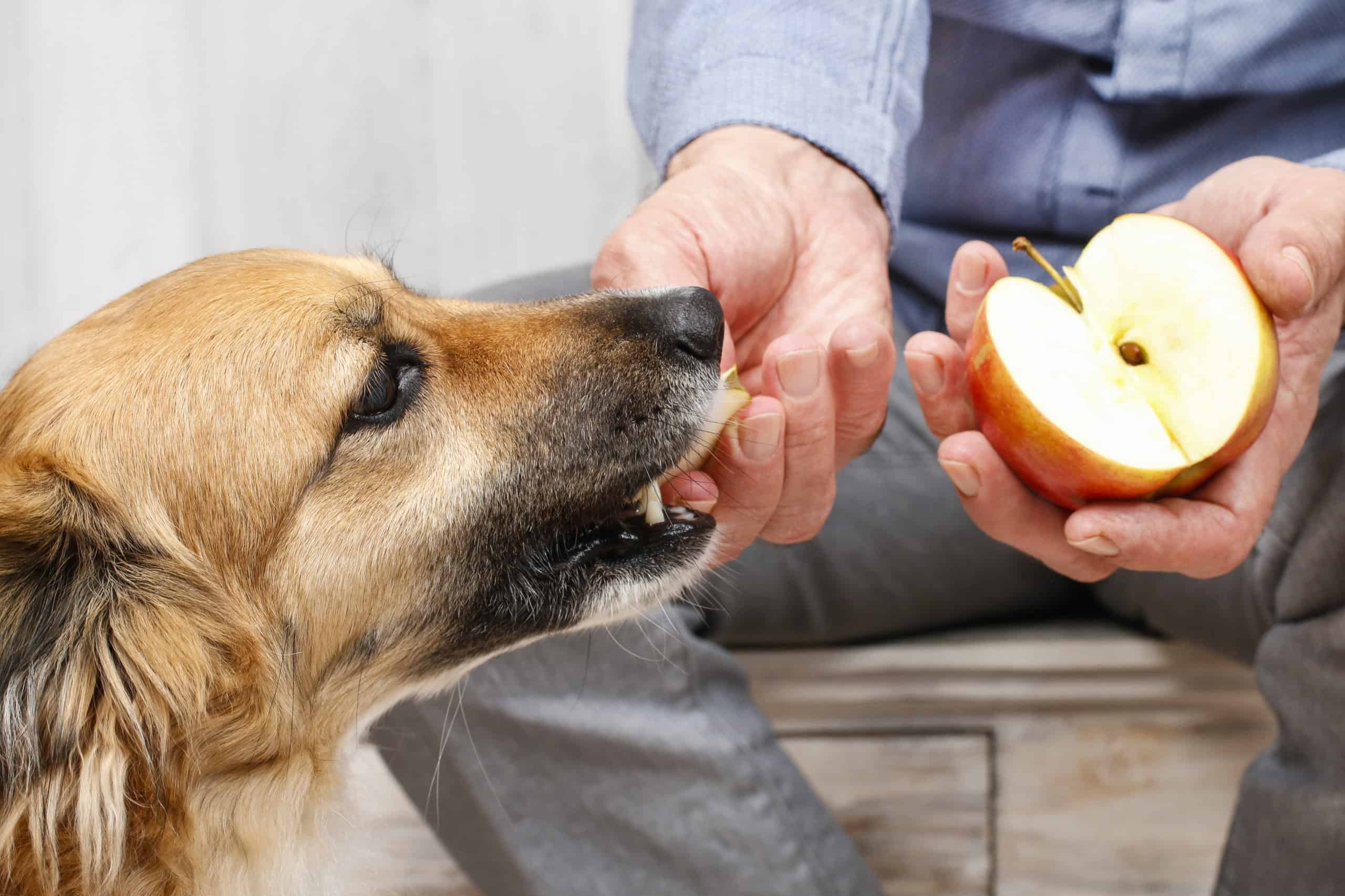
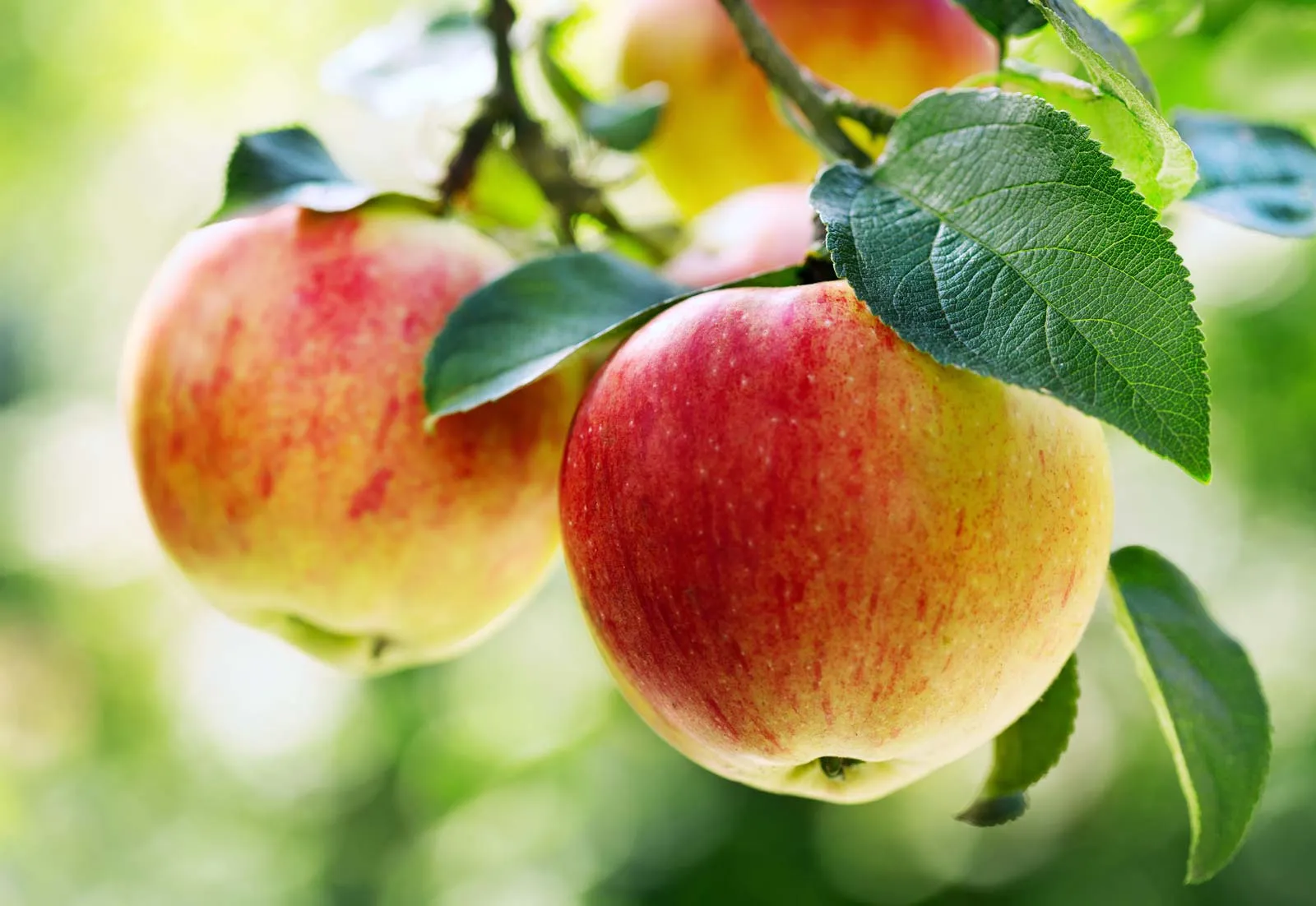
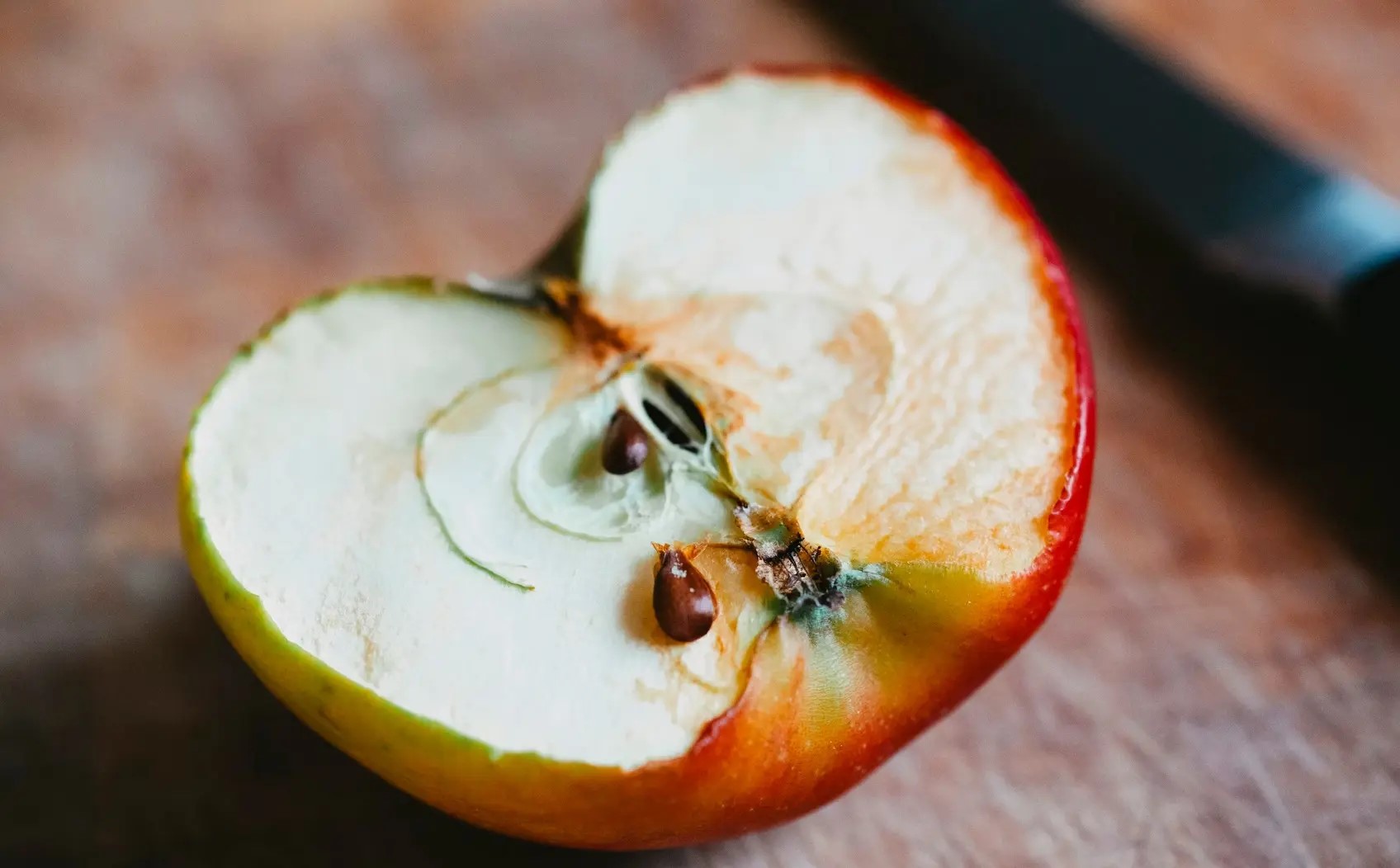
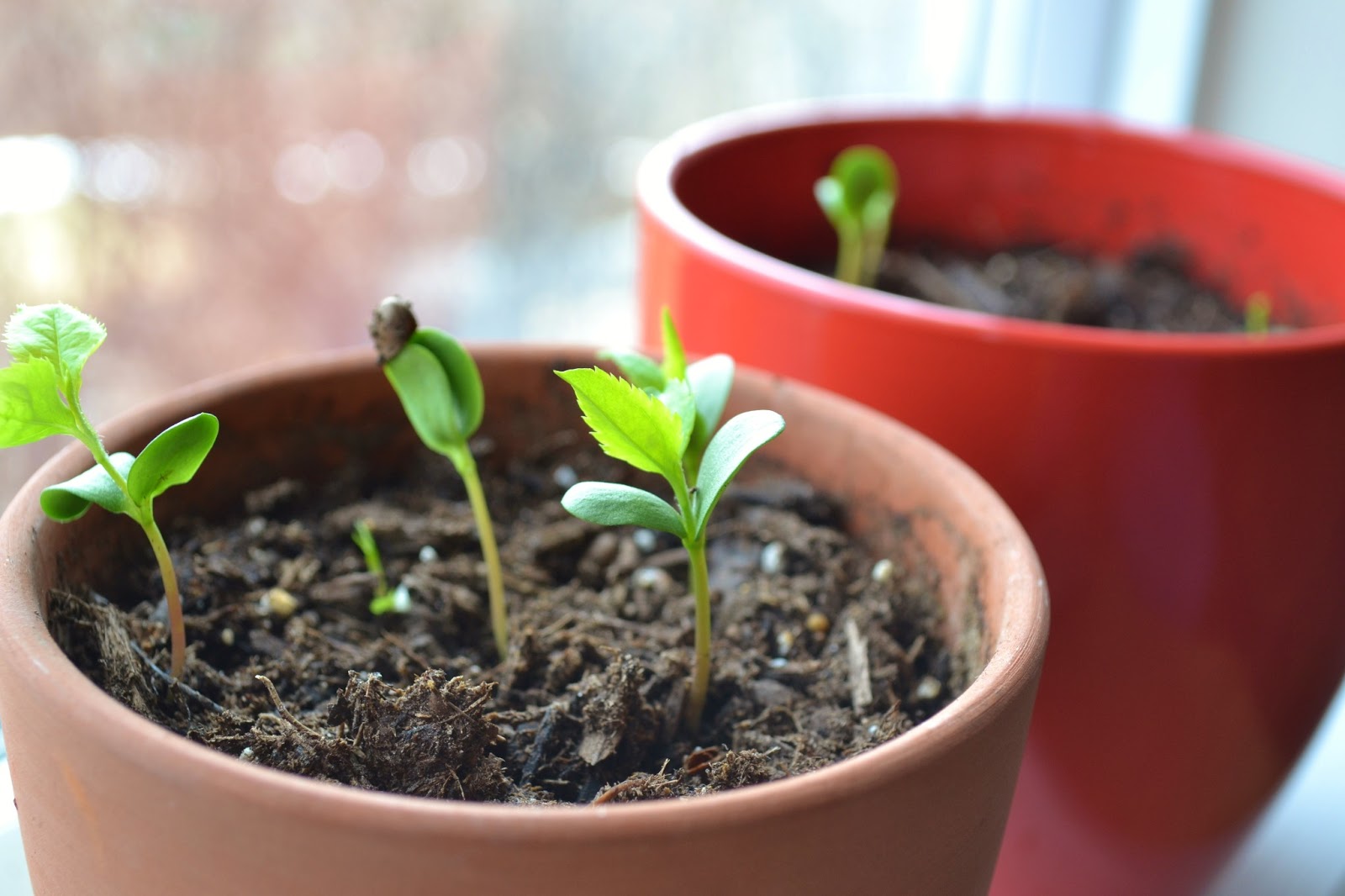
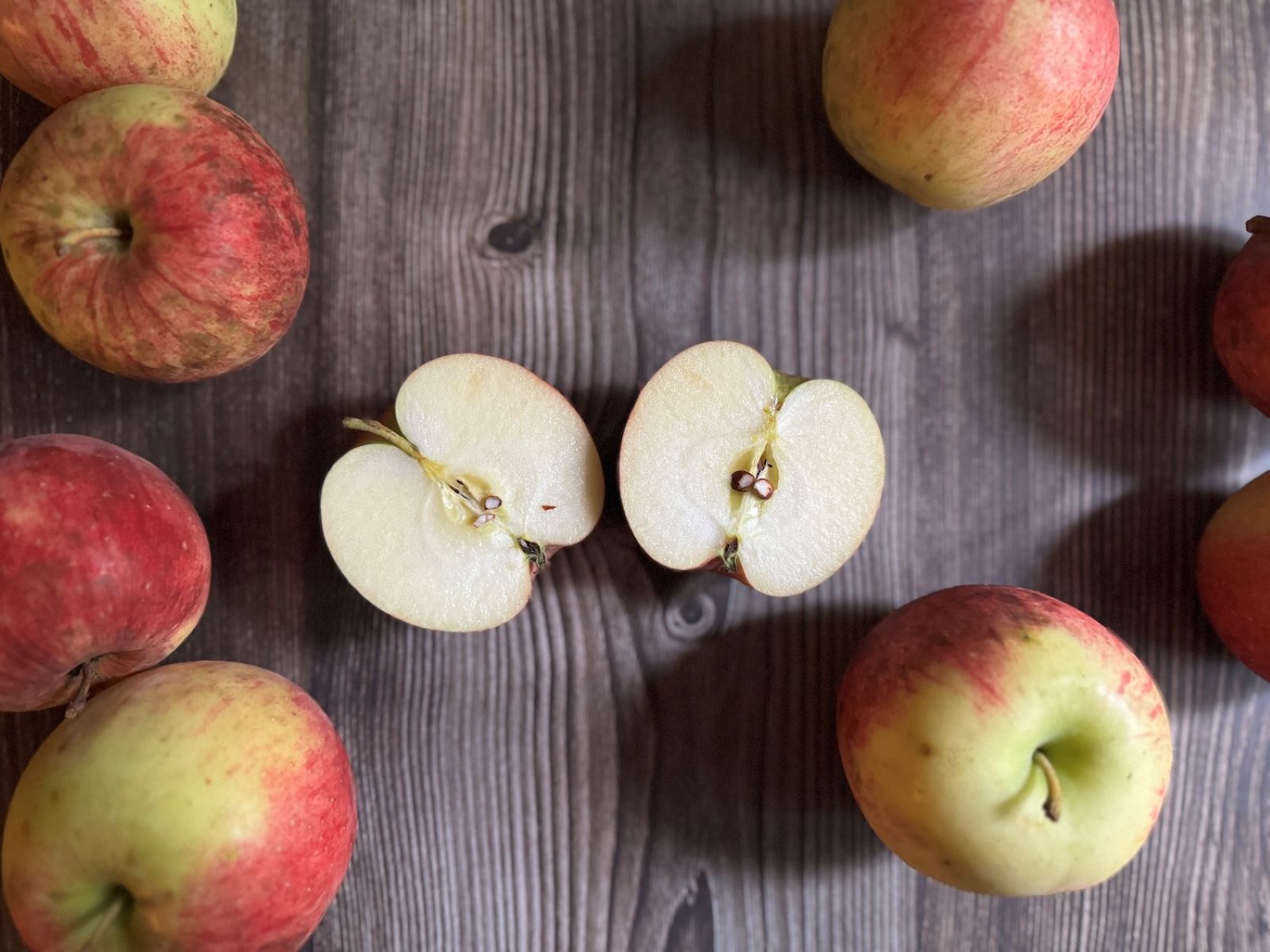
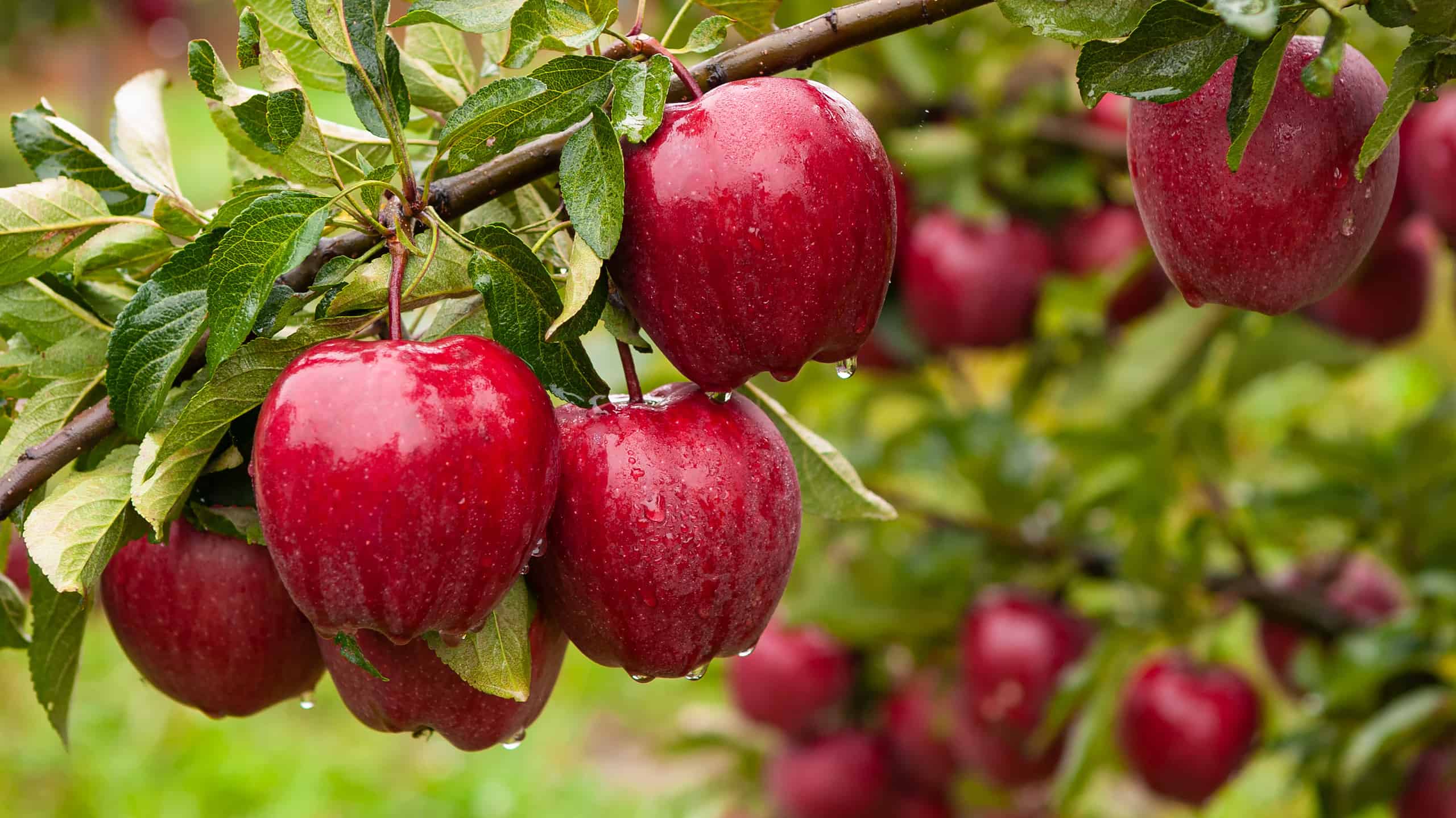
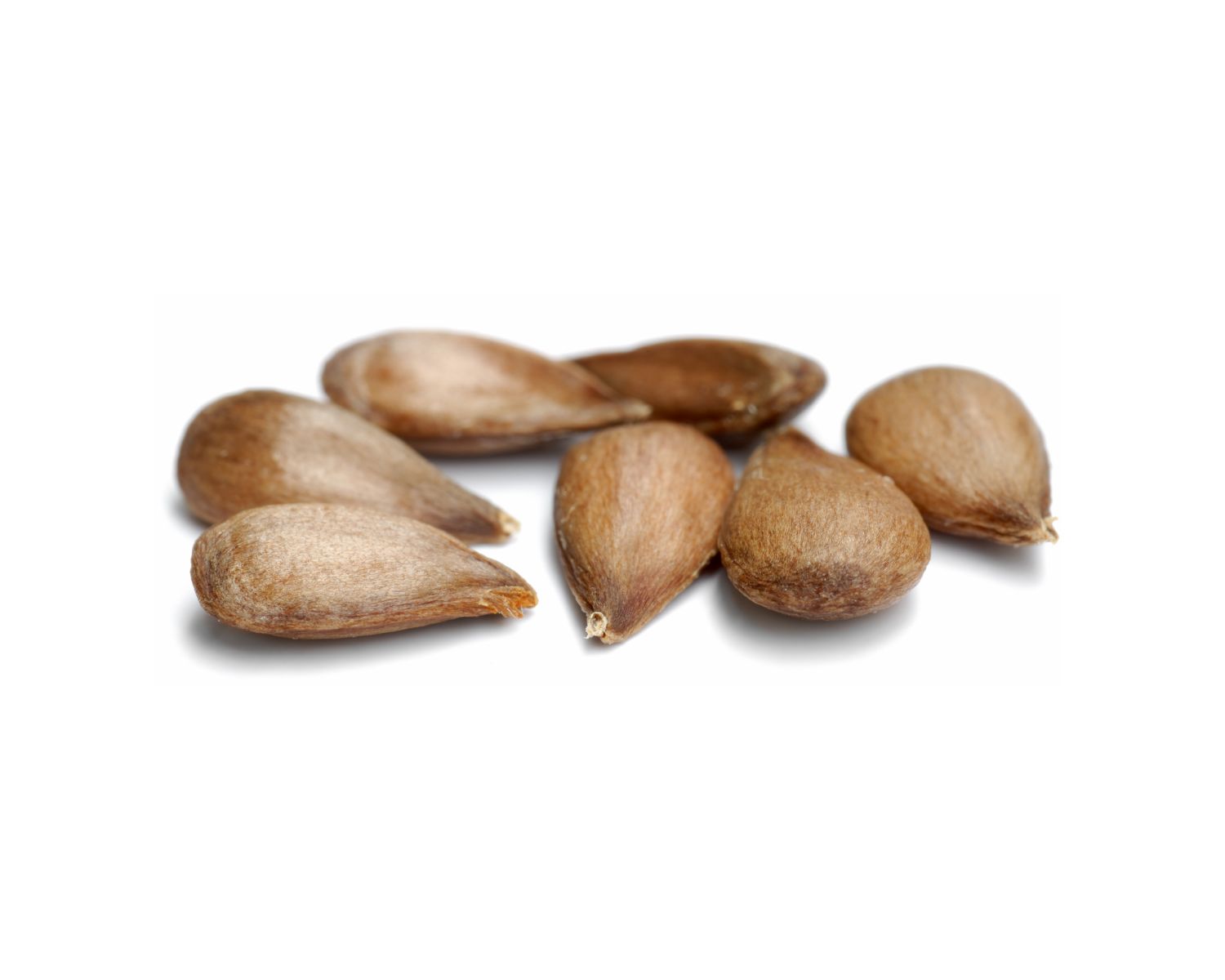
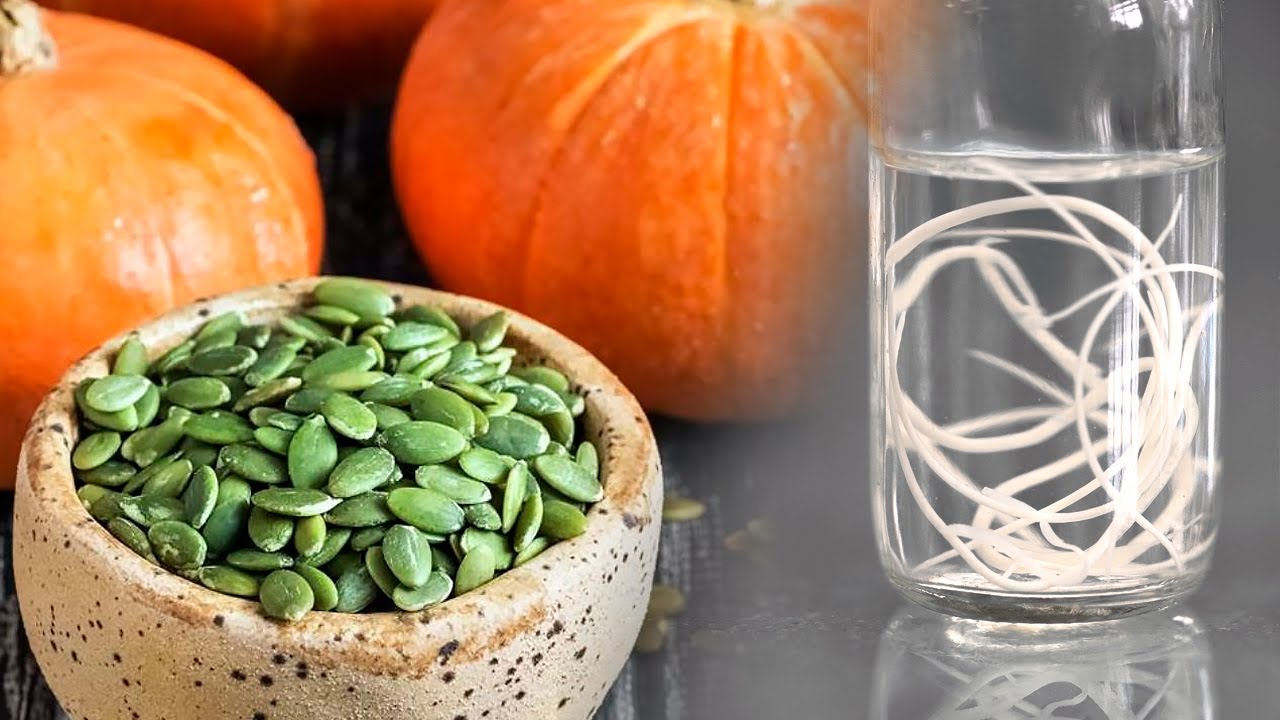
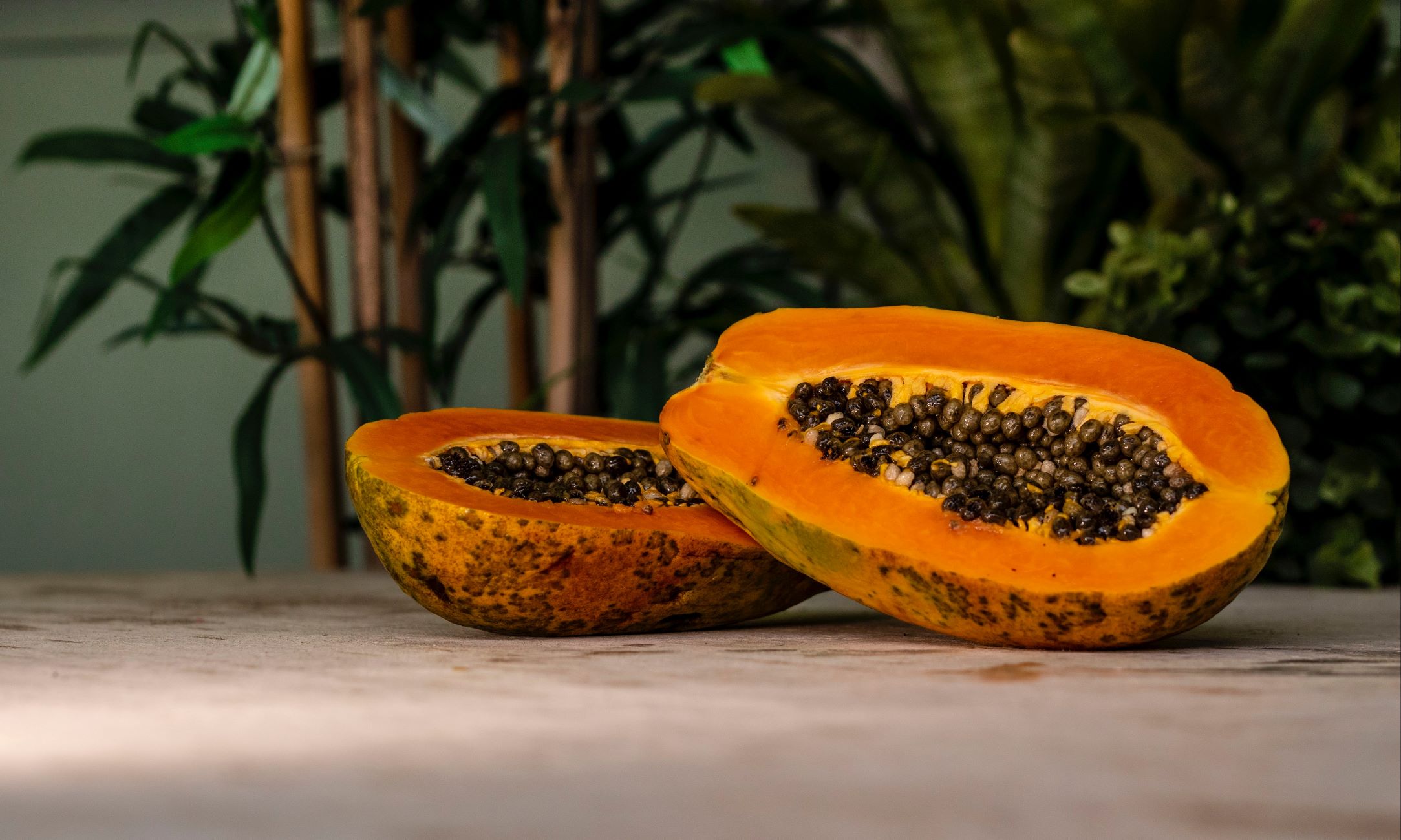
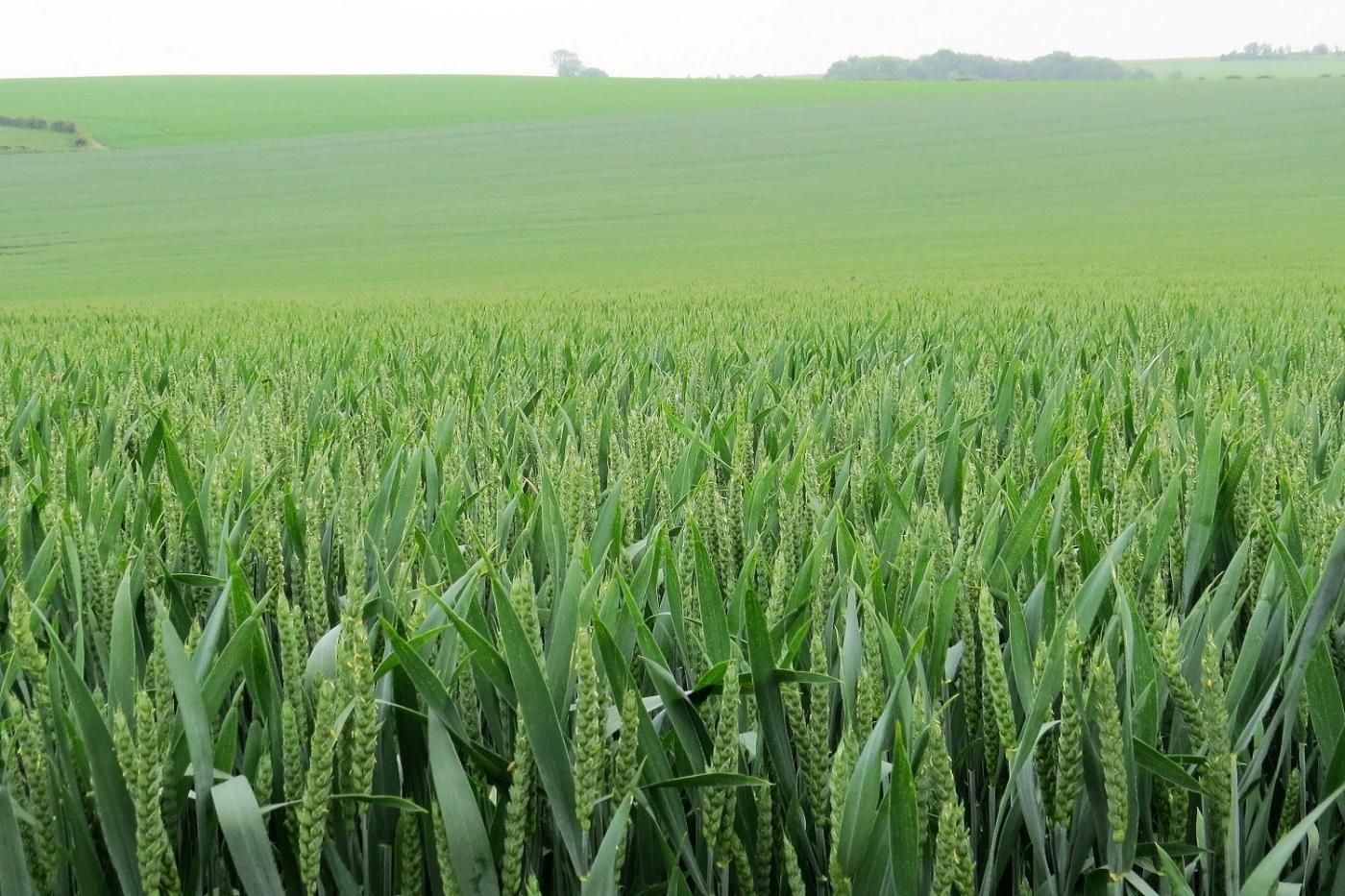
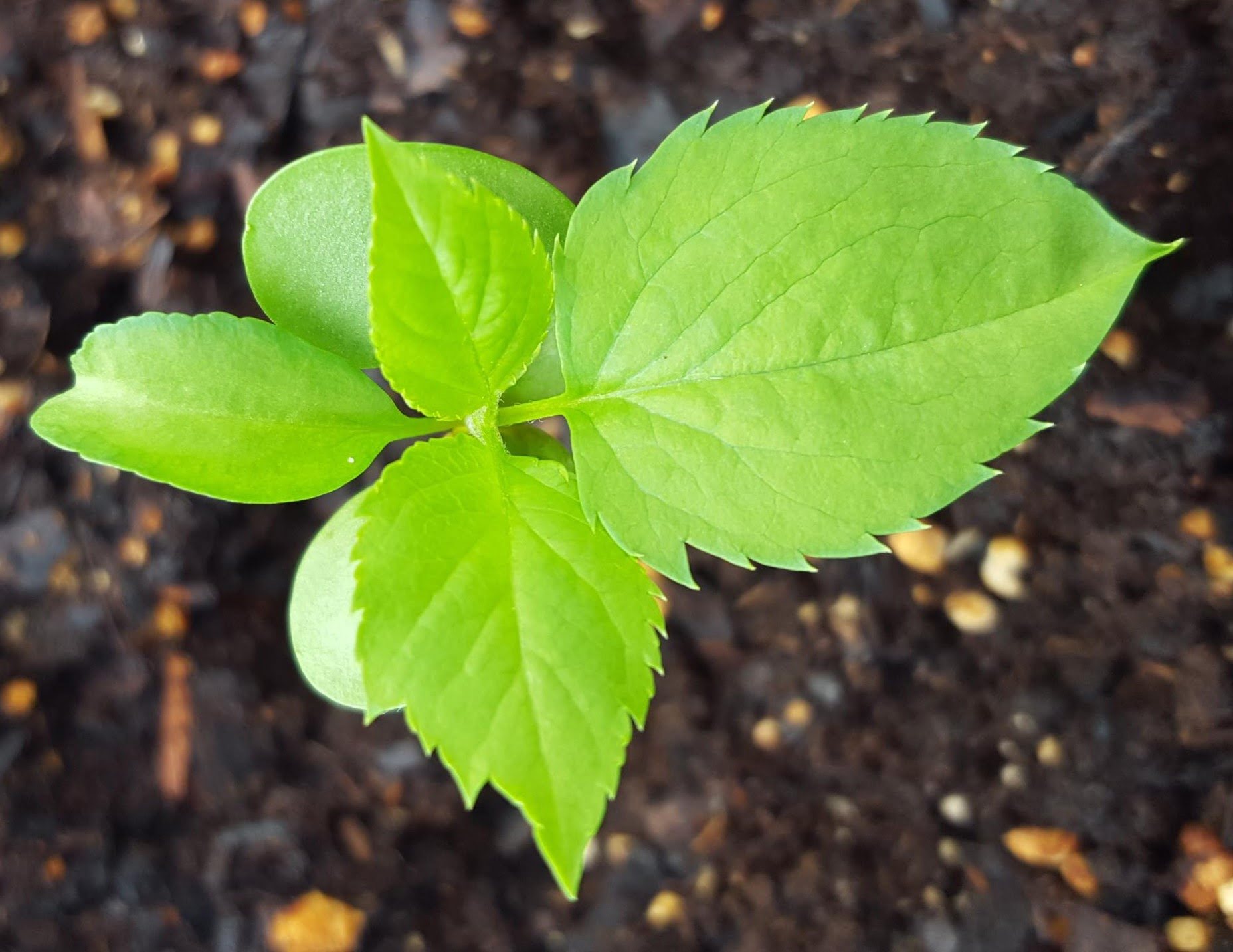
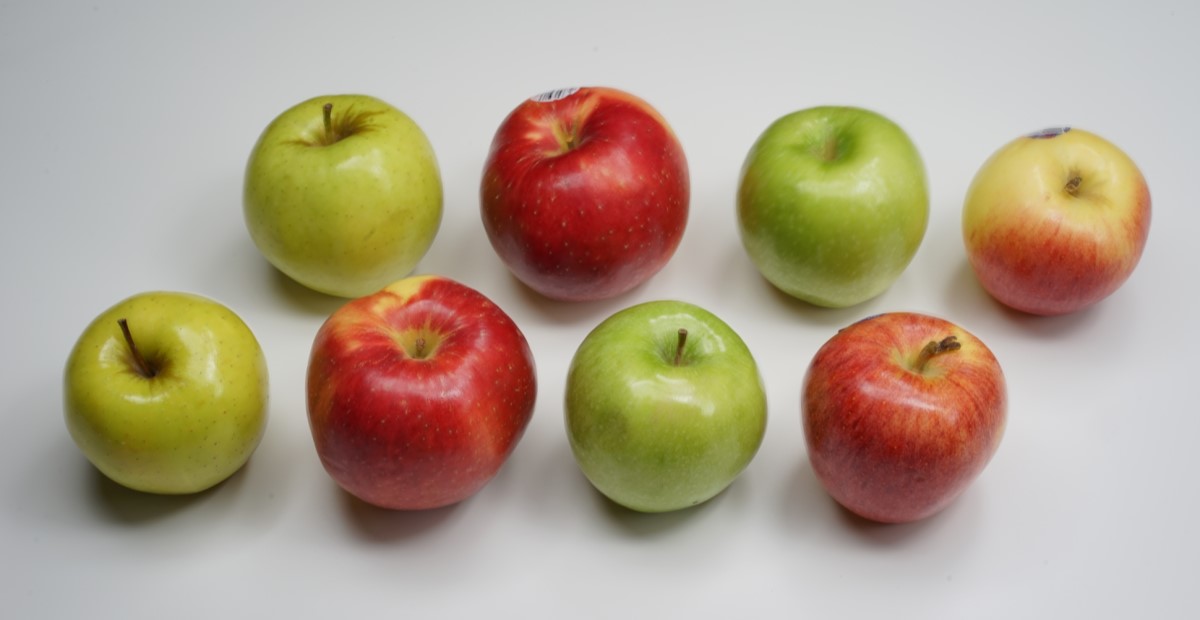
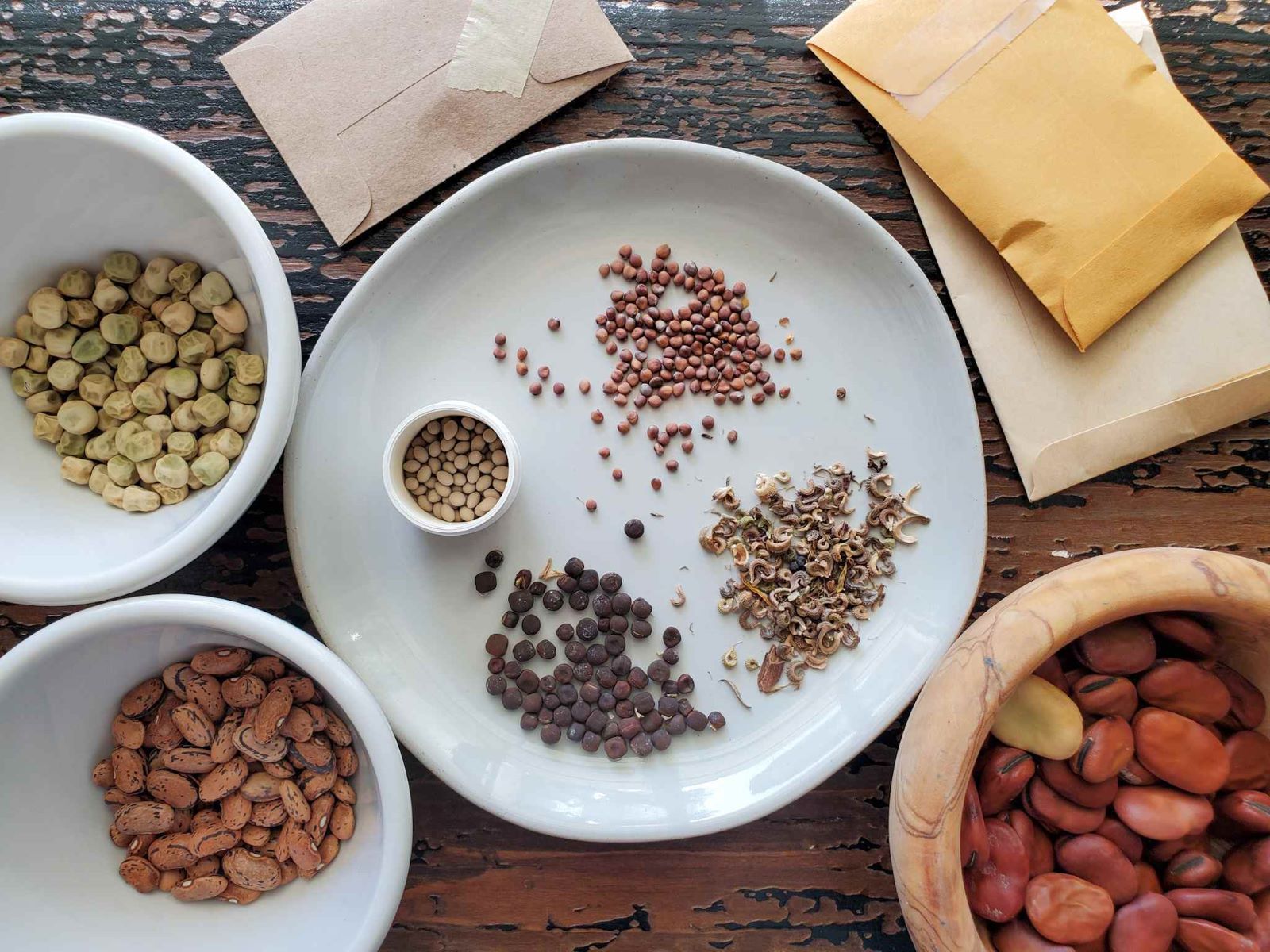
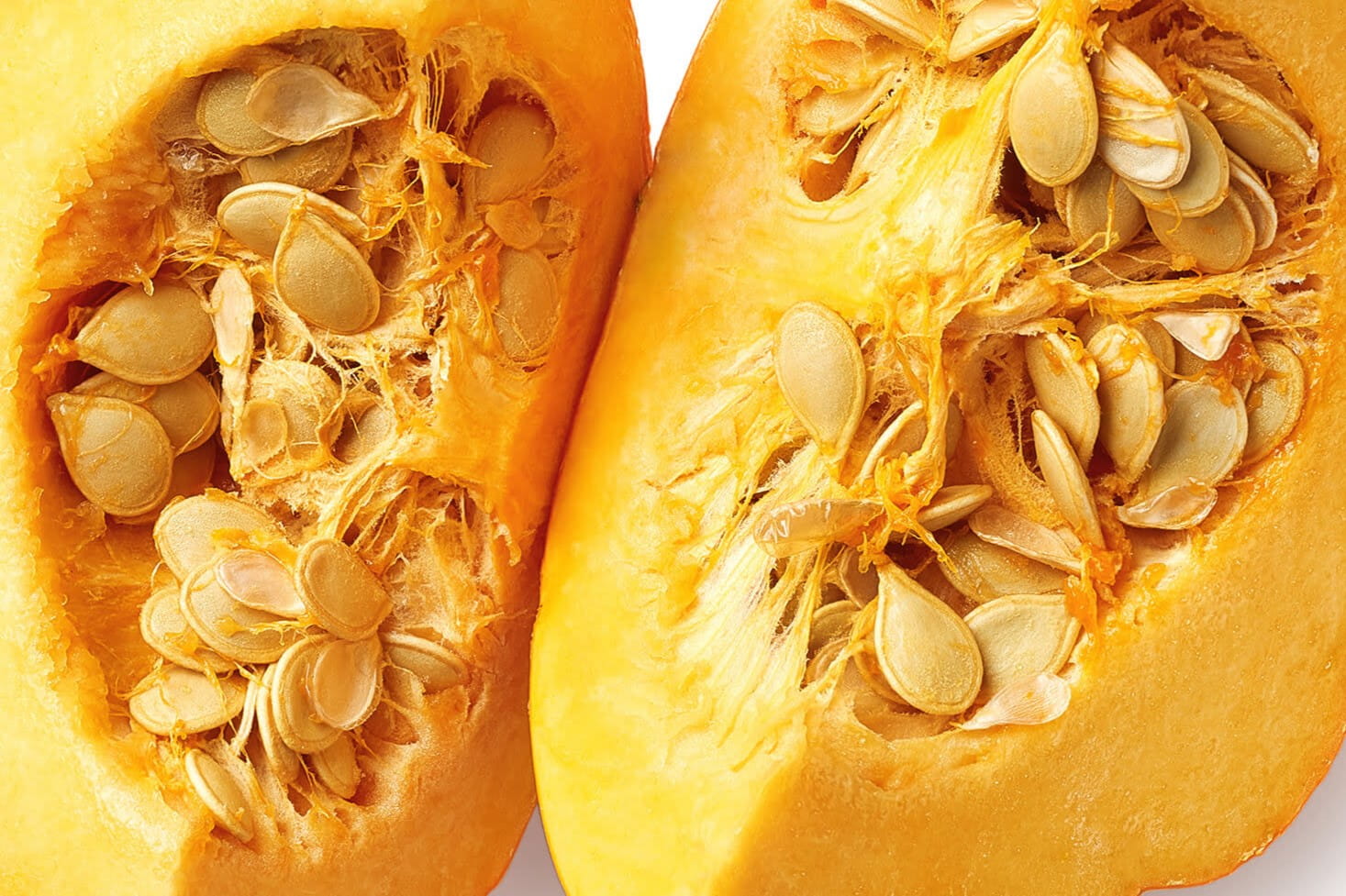

0 thoughts on “How Many Apple Seeds To Kill A Human”